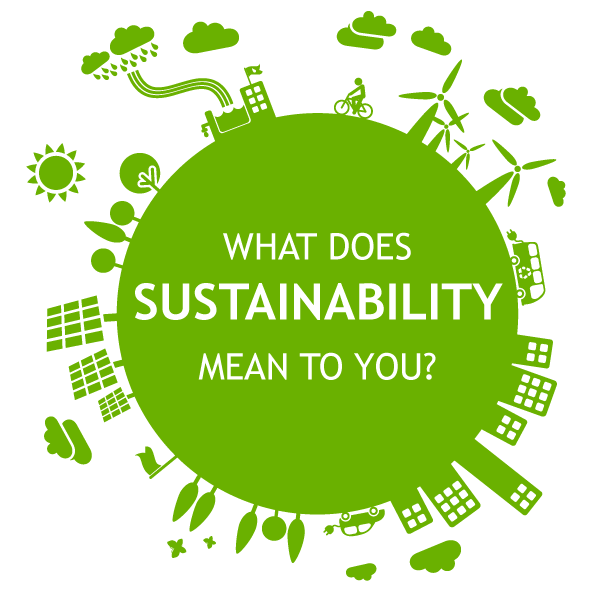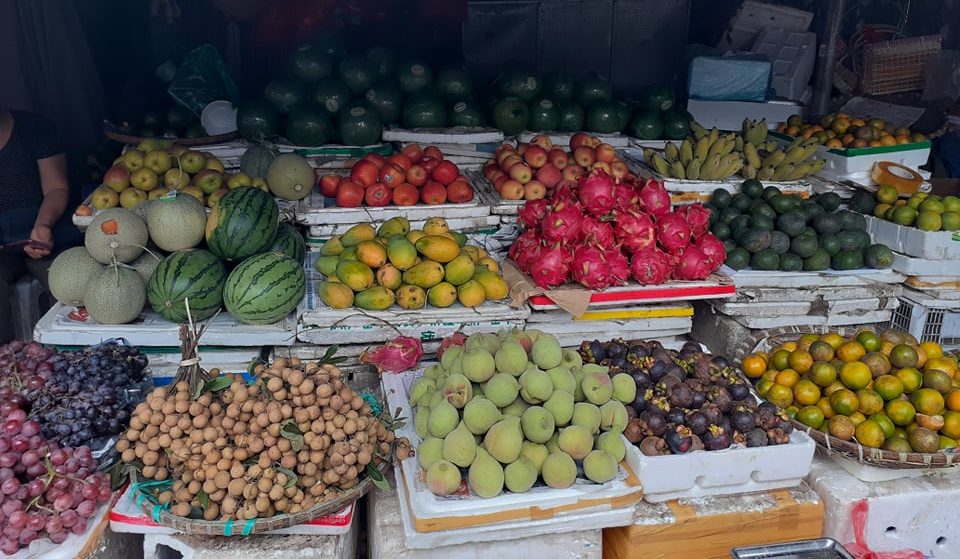
Do you ever think about a word so much that it stops making sense to you? Well now, that is where I’m at with “sustainability”. This past year in CCAFS, we covered the Sustainable Development Goals (SDGs), the sustainable intensification of agriculture and sustainable diets. However, I never over analysed the word sustainable whilst studying any of these topics until I started my research on sustainable food system narratives.
In the broad literature a strong agreement seems to exist that sustainability, in its most comprehensive and universal sense, is a multi-dimensional concept that unites three fundamental elements: the pursuit of social equity, the formation of human welfare (often presented as an economic dimension), and the maintenance of the environmental integrity of the resource-base on which the economic and social dimensions are built (UN, 2005).
A fourth dimension is often superimposed on these three. This final element involves time and the idea that the sustainability of today should not be achieved at the cost of the sustainability of tomorrow. Such as is captured in the definition of sustainable development.
“Sustainable development is development that meets the needs of the present without compromising the ability of future generations to meet their own needs.”
What here is the meaning of “development” and what “needs” are we talking about? A question that was posed to us in class back in September and a question I still don’t have the answer to. However, together, these four dimensions can be considered as the basis for a “holistic” interpretation of sustainability.
Despite this holistic interpretation, sustainability is frequently a reflection of one particular dimension: the environment. The discourse around the unsustainability of the current oil-energy system, for example, is referring mostly to the environmental impact of that system, not it’s social or economic factors. This “narrower” definition of sustainability is relatively widespread in the literature (Béné et al., 2019).
No longer only adopted by the academic community, the term “sustainable” is now widely embraced by business and industry. The term is a commonly used adjective for packaging, fashion, and tourism to name a few. Although some companies, of course, are trying to become more sustainable, many others, particularly in the developed world have appropriated the term as a marketing strategy. One example being H&M who uses many approaches to “green up” their image including the use of vague statements about sustainability, ethical sourcing, and environmentally friendly materials.
However, according to Goodonyou, a website detailing how ethical fashion brands are or are not, H&M has made certain progress on its 2013 commitments to address labour issues. But they have still received criticism as of late. In 2018, the factories that supply H&M were named in reports by Global Labour Justice detailing abuse of female garment workers. As well as this earlier in the year some labour rights organisations pointed out that H&M has not delivered on its 2013 promise to pay 850,000 workers a living wage by 2018. Of course, this isn’t sustainable – the social welfare element is completely disregarded here. This is exploitation of the word and should not be used by H&M at all until they have fair systems in place for the people making their clothes. Likewise in narratives around food system sustainability.. parts of the social or human aspects can be missing- environmentally-friendly farming practises, but a reduction in income for smallholder farmers. Of course, there will be trade-offs where do they lie and what then do we consider to be sustainable or not?
As I come to the end of my 10 weeks trying to gain an understanding of other people’s understanding of sustainability, I have started to question my perception of the term as well!
The 18th of August cannot come fast enough!!!
